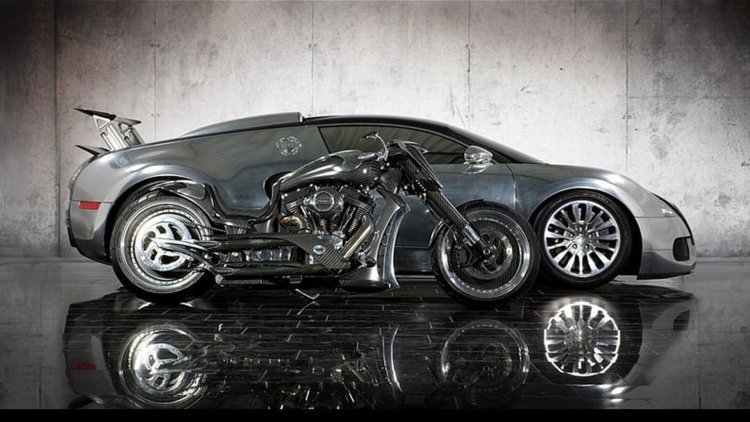Cars and motorbikes will be more expensive starting in January'23
Prices could rise again by April, when harsher standards take effect and vehicles must be outfitted to monitor pollutants in real time.

If you intend to purchase a new car in the New Year, the sticker price may be 1-3 percent higher than what you would pay until December 31.
Carmakers ranging from Maruti Suzuki, Hyundai, and Tata Motors to luxury brands Audi and Mercedes-Benz have revealed plans to raise prices beginning next month to counter the impact of growing costs. They had previously stated that costs will rise until 2022 due to a lack of chips, among other issues.
Prices are rising as automobile sales in India resume following setbacks caused by COVID-19 and component shortages, particularly semiconductors. Companies are increasing their vehicle production capacity, and Maruti Suzuki is constructing a new factory in Haryana.
Maruti Suzuki, the market leader that manufactures the Baleno, Celerio, Dzire, Ignis, Swift, and WagonR vehicles, stated that the price increases will vary depending on the model.
"The company continues to face rising cost pressure caused by overall inflation and recent regulatory requirements. While the firm makes every effort to decrease expenses and partially offset the increase, it has become necessary to pass some of the costs on through a price increase," Maruti Suzuki stated in a stock exchange filing on December 2.
Hyundai Motor India has announced that new prices for its i10 Nios, Creta, Venue, Verna, and Tucson models will be implemented in January.
"While the firm has continued to absorb rising expenses, (it) will now pass on a portion of the input cost rise through a price revision across its model range," Hyundai Motor India said in a statement. Hyundai stated that it will continue to endeavour to reduce the price impact.
Tata Motors has stated that it plans to raise the cost of its passenger vehicles such as the Nexon, Punch, Tiago, and Altroz beginning next month in order to comply with higher pollution standards that go into effect in April.
Mercedes-Benz India stated that it has absorbed the majority of the increased input costs but was forced to pass on a portion of the increase to customers.
Kia models such as the Selto, Sonnet, Carens, and Carnival would be up to Rs 50,000 more expensive starting in January. Honda Cars India will raise the prices of the City, Amaze, and City Hybrid models by up to Rs 30,000. Jeep's lineup, which includes the Compass and Grand Cherokee, might see a 2-4 percent price increase.
Price reductions are also being sought by two-wheeler manufacturers. Hero MotoCorp, the world's top two-wheeler manufacturer in terms of market share, raised the ex-showroom pricing of its motorbikes and scooters by up to Rs 1,500 on December 1.
"The price modification of our motorcycles and scooters has been necessary due to general inflationary charges," said Niranjan Gupta, Hero MotoCorp's chief financial officer. "The economic signs point to increased demand, and we anticipate increased industry volumes."
Automakers are expected to raise costs again in April as they begin building vehicles that meet the second phase of Bharat Stage 6 pollution standards.
According to Puneet Gupta of S&P Automotive, the increase will be 1.5 percent for gasoline cars and up to 3.5 percent for diesel vehicles.
The new rules, which go into effect on April 1, require vehicles to have onboard diagnostics that monitor real-time driving pollution levels.
"That will undoubtedly result in a price increase," Manish Raj Singhania, president of the Federation of Automobile Dealers Associations, said.
When asked about the magnitude of the price increase, he stated, "It is quite uncertain at the time."
While price increases are likely for several models when real driving emission (RDE) standards are implemented, many others may be phased out.
According to experts, updating engines will be costly, particularly for diesel vehicles, and as many as 17 cars and SUVs may be cancelled.
Honda has announced the discontinuation of five vehicles: the City 4th generation, City 5th generation (diesel), Amaze (diesel), Jazz, and WR-V.
Marrazzo, Alturas G4, and KUV100 production is scheduled to be halted by Mahindra & Mahindra.
Hyundai may phase out the i20 and Verna diesel cars. Skoda will discontinue the Octavia and Superb models.
Tata Altroz (diesel), Renault Kwid 800, Nissan Kicks, and Maruti Suzuki Alto 800 are also on the chopping block.




 admin
admin 




















